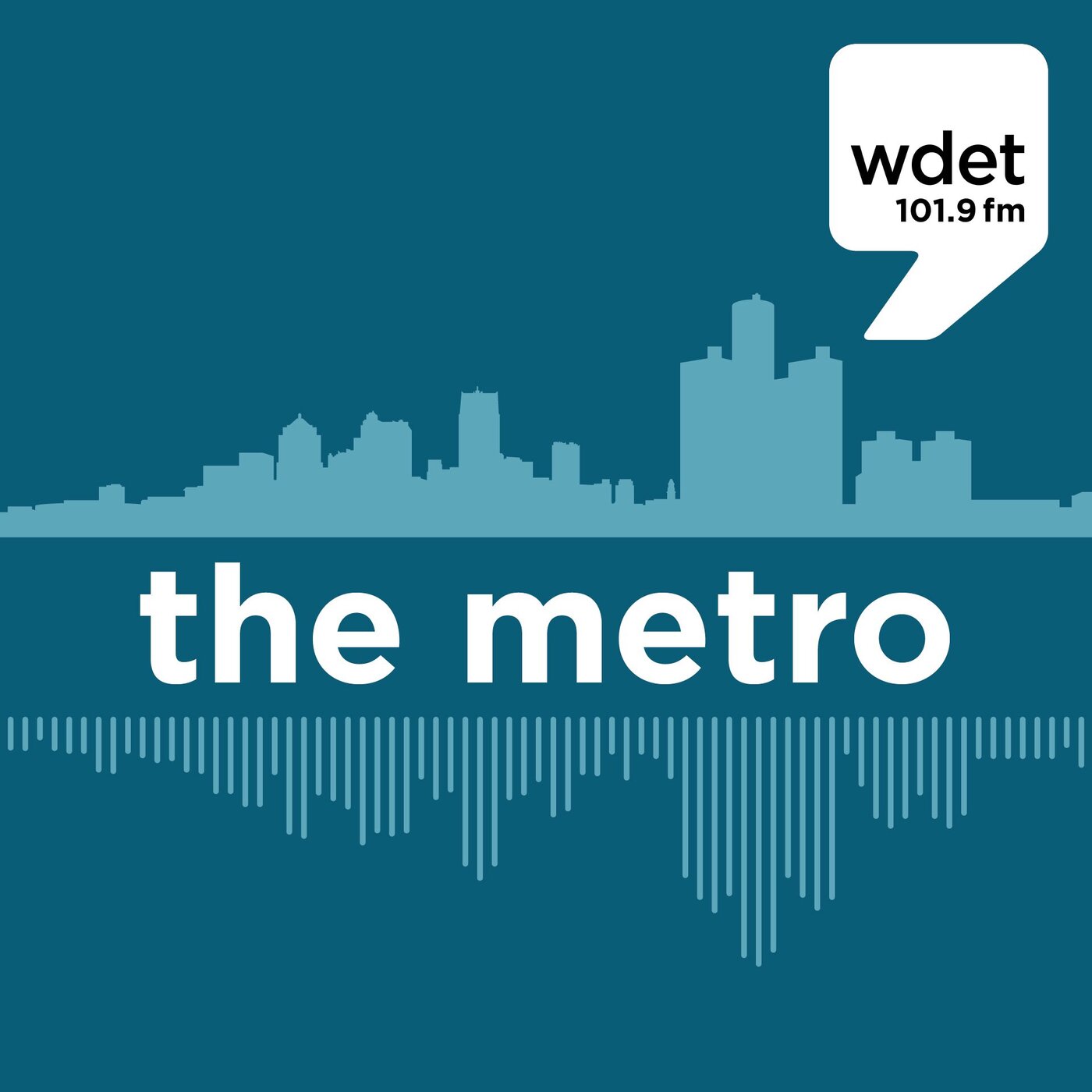
How to strengthen a fragile democracy
Published on Sep 17, 2025, 1:48:00 PM
Total time: 00:28:21

Published on Sep 17, 2025, 1:48:00 PM
Total time: 00:28:21
Political violence has been in the news so much, it can sometimes feel exhausting. Last week, the conservative activist, Charlie Kirk, was killed.
But there’s good reason the incident has gotten so much coverage. It’s an indicator of something much bigger and more devastating than the act alone — it’s a signal that our democracy is in a fragile state.
That’s in part because political violence has been on the rise.
President Donald Trump was shot while on the campaign trail in 2024. An arsonist set fire to the Pennsylvania governor’s mansion in April. In June, a former Minnesota state lawmaker and her husband were assassinated. An insurrection took place at the capitol well before all that.
And that’s all outside of Michigan.
Here, a capital riot took place in 2020. A kidnapping was attempted on our governor, Gretchen Whitmer, that same year, in part with hopes of starting a civil war. Just last week, vandalism hit a mosque in Warren.
But what’s troubling experts about this violence is not just these events. It’s also the reactions to them.
Comments about Charlie Kirk’s death on social media were often ferocious. Conservatives were calling for war against liberals. Liberals were happy with Kirk’s death.
To be sure, these are the loudest voices. That’s the way social media algorithms work. The most extreme voices get the most attention because they translate to more advertising revenue.
But people are still choosing to express views of hate and vitriol.
How did we get here? And how do we get to a place where our democracy is stronger — where disagreement, and the bodies that contain those various perspectives, can live side by side?
Shikha Dalmia studies authoritarianism in an effort to stop it, and make us a freer society. She’s the president of the Institute for the Study of Modern Authoritarianism, and the Founder and Editor of the Substack, The UnPopulist. She spoke with Robyn Vincent.
Listen to The Metro weekdays from 10 a.m. to noon ET on 101.9 FM and streaming on-demand.
"The Metro" covers local and regional news and current affairs, arts and cultural events and topics, with a commitment to airing perspectives and uncovering stories underreported by mainstream media in Detroit.